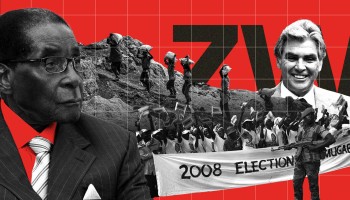“We must strike at the most sensitive point of the crime,” said European Commissioner for Internal Affairs Cecilia Malmstrom. She has hailed a draft EU directive that streamlines the forfeiture of capital and assets obtained illegally.
“The new rules will better equip national authorities by sharpening and improving the tools at their disposal and will make it easier to use these tools across borders, to make sure that there is no safe haven for organized crime,” she said, stressing that the economic crisis made this all the more important.
The new rules would make it legal to confiscate assets even when a criminal conviction is not feasible due to a suspect who has died, fallen permanently ill, or fled. The draft would also make it possible for prosecutors to freeze assets temporarily.
Malmstrom said the drug trade alone brings criminal groups in the EU €100 billion annually. In Italy alone, the annual proceeds of organized crime are estimated at €150 billion.
A recent report by the US State Department found that a number of EU economies and each of the world’s largest economies in the so-called “Group of Eight” – France, Germany, Italy, Russia, China, the United States, United Kingdom, Japan and Canada -- were in the highest risk category for money laundering because of their large economies and banking systems. It also included a number of British Territories that are often referred to as “offshore banking centers.”





